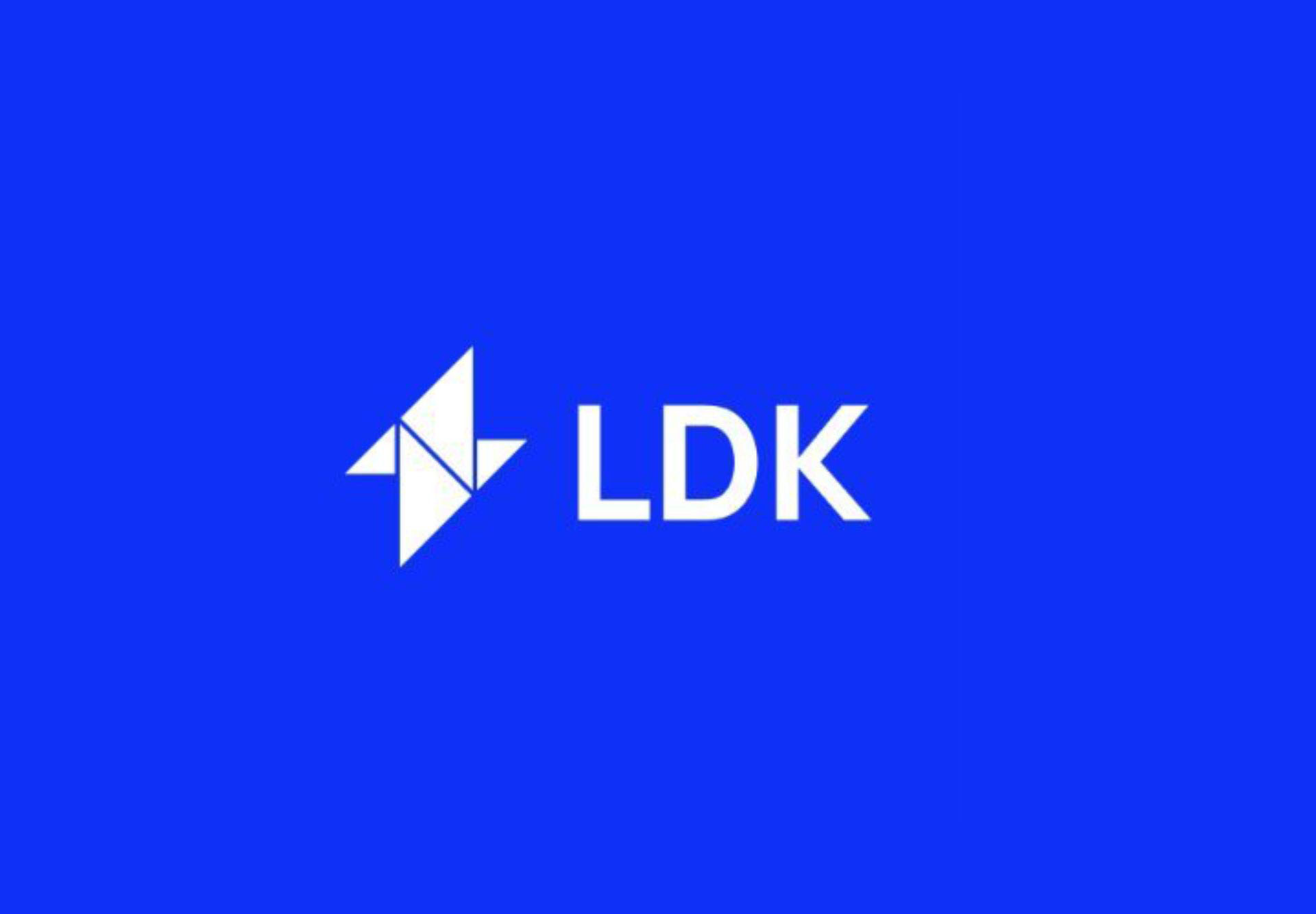LDK Node, a fresh innovation in Lightning node libraries, offers developers a seamless, plug-and-play tool to establish a self-hosted Lightning node. Crafted utilizing LDK and BDK, LDK Node offers an easy-to-use interface coupled with an integrated on-chain wallet. This facilitates the creation of a Lightning node in as little as a day, streamlining the entire process.
In contrast to the parent LDK, known for its deep customization abilities but necessitating a fundamental understanding of protocols, LDK Node prioritizes simplicity and user-friendliness. With a condensed API surface boasting approximately 30 API calls, LDK Node paves the way for easy integration of self-hosted Lightning nodes across diverse applications, all the while keeping protocol complexities at bay.
The maiden release of LDK Node incorporates several carefully designed choices and modules. The inbuilt BDK wallet manages on-chain data, and chain data can be procured from an Esplora server. Electrum and bitcoind RPC support are in the pipeline. Gossip data can be acquired through Lightning’s P2P network or the Rapid Gossip Sync (RGS) protocol. Additionally, LDK Node provides the facility to source entropy for Lightning and on-chain wallets and to persist entropy bytes on disk.
Designed with a mobile-first approach, LDK Node expedites the integration of self-hosted Lightning nodes in mobile apps. Tailoring its features for mobile deployments, LDK Node offers compatibility with Swift, Kotlin, Python, and Flutter. By ensuring language bindings and mobile environment compatibility, LDK Node streamlines the deployment of self-hosted Lightning nodes on consumer devices.
Future plans for LDK Node are already in motion, with the development team working on the subsequent release. This new version will introduce sourcing chain data from Electrum or bitcoind RPC and persistence to a Versioned Storage Service (VSS) backend. Additionally, integration with the Language Server Protocol (LSP) specification is underway, and the team is contemplating the addition of server-grade modules.
Developers keen on delving into LDK Node can tap into resources like the GitHub repository, API documentation, and Rust Crate. Moreover, there’s the Monday Wallet, a model wallet crafted with LDK Node Swift bindings, which illustrates the library’s potential in real-life applications.
The advent of LDK Node is a step forward in democratizing the usage of Lightning nodes. For any developer or user looking to establish a self-hosted Lightning node, understanding the intricacies of protocols is no longer a barrier. By simplifying the process and reducing the technical expertise required, LDK Node encourages wider adoption of Lightning nodes and cryptocurrency.
Furthermore, the mobile-first approach of LDK Node signifies a pivotal shift in the industry’s perspective. Recognizing the ubiquitous nature of mobile devices and the increasing use of mobile applications for financial transactions, this focus on mobile compatibility bodes well for the future of decentralized financial systems. By bringing self-custodial Lightning nodes to mobile platforms, LDK Node is effectively propelling the crypto industry into the hands of everyday consumers.

